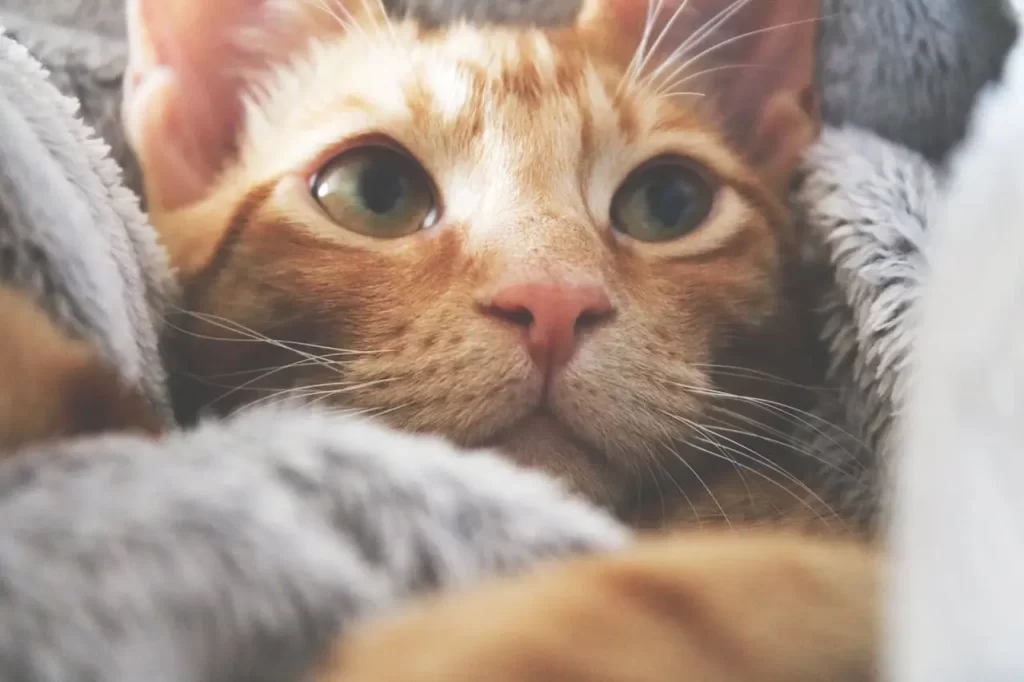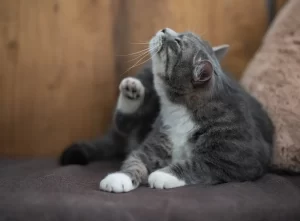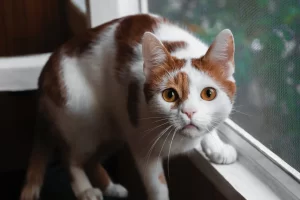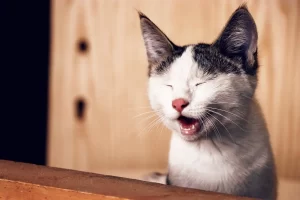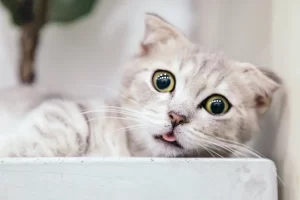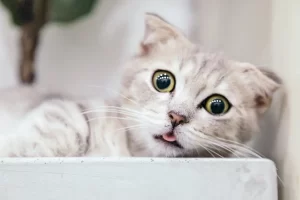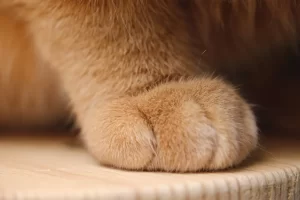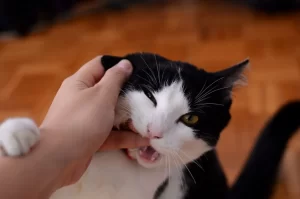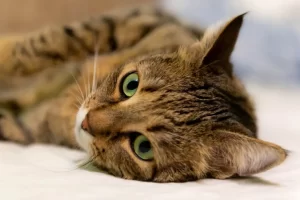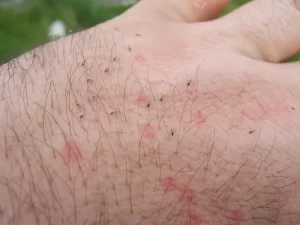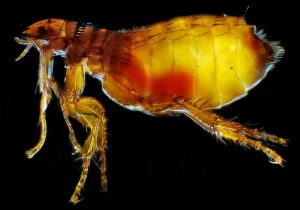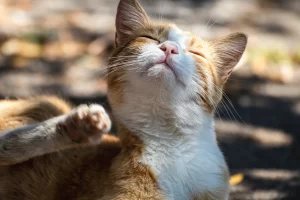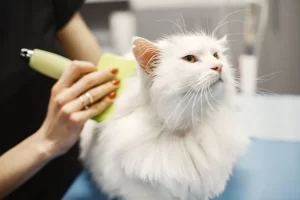Cat nasal congestion can be distressing for both your feline friend and you. Just like humans, cats can suffer from stuffy noses due to various factors such as allergies, infections, or environmental irritants. While it’s essential to consult your veterinarian for a proper diagnosis and treatment plan, there are several cat nasal congestion home treatments that can help alleviate your cat’s nasal congestion. These remedies are safe, cost-effective, and can provide relief to your furry companion. In this article, we’ll explore 15 effective home treatments and remedies to help your cat breathe easier.
Home remedies for cat nasal congestion
Humidifier
Using a humidifier in your cat’s sleeping area can help moisten the air, making it easier for your cat to breathe. Opt for cool mist humidifiers and ensure they are cleaned regularly to prevent mold growth.
Steam Therapy
Create a steamy environment by running a hot shower and allowing your cat to sit in the bathroom for 10-15 minutes. This can help loosen mucus and relieve congestion. Be cautious not to expose your cat to hot water directly.
Saline Drops
Saline nasal drops designed for infants can be used to clear your cat’s nasal passages. Gently apply a drop or two to each nostril, and allow your cat to sneeze out the loosened mucus. Make sure the drops are preservative-free and do not contain any medications.
Warm Compress
Applying a warm, damp cloth to your cat’s nose can help soothe congestion and reduce inflammation. Ensure the cloth is not too hot, and hold it gently against your cat’s nose for a few minutes.
Eucalyptus Oil
Eucalyptus oil can be used sparingly to provide relief. Place a few drops on a tissue near your cat’s sleeping area, but ensure your cat cannot ingest the oil or come into direct contact with it. Alternatively, you can use an eucalyptus oil diffuser.
Nose Drops with Vet Approval
Consult your veterinarian for cat-specific nose drops, which can be used to relieve congestion and inflammation. Follow their instructions carefully.
Elevate Sleeping Area
Raising your cat’s sleeping area slightly can help reduce nasal congestion, as it encourages mucus to drain away from the head. Ensure the elevation is stable and safe for your cat.
Steamy Bath
A warm, steamy bath can help relieve congestion, but only attempt this if your cat is comfortable with water. Use lukewarm water, and ensure a calm environment for your pet.
Hydration
Ensure your cat stays well-hydrated, as proper hydration can help thin mucus and ease congestion. Offer fresh water and consider wet cat food to increase moisture intake.
Air Quality Improvement
Reduce potential irritants in your home, such as cigarette smoke, strong perfumes, and dust. Regularly clean and vacuum your living space to maintain clean air quality.
Gentle Massage
Gently massage your cat’s nasal area to help loosen mucus and relieve congestion. Be sure to use a light touch to avoid causing discomfort.
Nose Balm
Apply a small amount of hypoallergenic, pet-safe nose balm to your cat’s nose. This can prevent dryness and irritation, especially during cold weather.
Nutritional Support
Supplement your cat’s diet with immune-boosting nutrients, such as vitamin C and omega-3 fatty acids, to support their overall health and immune system.
Allergy Management
If allergies are the culprit, consult your veterinarian for allergy testing and management strategies. Reducing allergens in your home, like dust and pollen, can help.
Rest and TLC
Lastly, ensure your cat gets plenty of rest and tender loving care. A calm and stress-free environment can aid in recovery, so give your furry friend the comfort they need.
While these home remedies can help alleviate cat nasal congestion, it’s crucial to consult with your veterinarian if your cat’s symptoms persist or worsen. Your vet can diagnose the underlying cause and provide more specific guidance for your cat’s condition. Remember, your pet’s health and comfort should always be the top priority.

